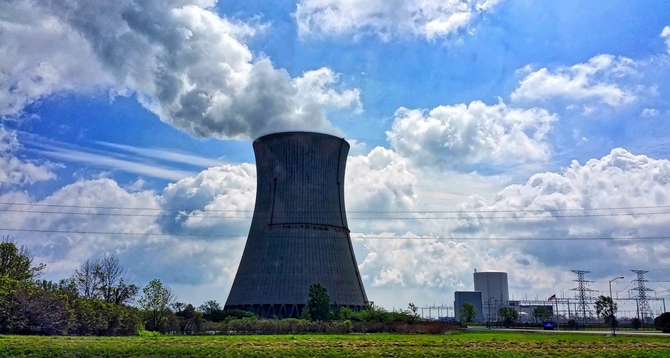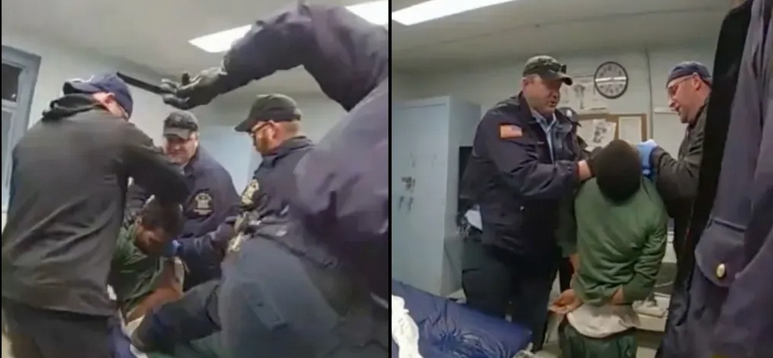In a letter, the NAACP Legal Defense and Educational Fund, Inc. and the ACLU of Michigan call on two United Nations Special Rapporteurs in the Office of the High Commissioner for Human Rights to refer the Detroit Water and Sewerage Department (DWSD) shut-off campaign to the United States and local government for investigations into violations of the United States Constitution, the Fair Housing Act, as well as basic civil and human rights.
To illustrate the problems Detroit residents have faced in attempting to pay their bills, the ACLU of Michigan and NAACP Legal Defense Fund released When The Water Runs Dry a six-minute video featuring interviews with residents and activists fighting DWSD’s shut-off campaign.
The Special Rapporteurs, Ms. Catarina de Albuquerque and Ms. Leilani Farha, arrived in Detroit this weekend after several advocacy organizations, including plaintiffs organizations Detroit People’s Water Board and Michigan Welfare Rights Organization, called for the UN to conduct an investigation into civil and human rights violations committed by Detroit and DWSD.
The letter recommends that the City of Detroit and the State of Michigan immediately end the water shut-offs, restore water services to the thousands of Detroiters whose water service has been terminated; and execute a water affordability plan that ensures that no household is required to pay more than 2.5% of its income to water bills.
“Absent any meaningful action from the City of Detroit or the State of Michigan, it is perfectly appropriate for the United Nations to investigate the human rights implications of the water shut-off campaign,” said Sherrilyn Ifill, President and Director-Counsel of the NAACP Legal Defense Fund. “It is unconscionable that so many Detroit residents are living without water, a basic human right. We look forward to sharing our findings with the team from the U.N.”
“We certainly welcome the Special Rapporteurs and United Nations’ probe into this municipal mess, and we appreciate their willingness to look deeper into what should have been a wholly avoidable situation for Detroit,” said Kary Moss, Executive Director of the ACLU of Michigan. “It’s unfortunate that, in the Great Lakes State, we need a visit from an international body to remind us of our most fundamental obligation to our citizens. Water is life. It is utterly preposterous to claim to value the lives of Detroit’s poorest residents and then turn around and argue that it is reasonable to deny them water.”
The letter also asks the Rapporteurs to recommend that the federal government investigate the disparate impact of DWSD and Great Lakes Water Authority policies and practices on communities of color and the poor. Additional recommendations include urging the federal government to provide expert advice to Detroit and other similarly situated cities on establishing best practice guidelines for water department policies, including how to assist residents with water bills and managing the health risks to families associated with mass water shut-offs.
In September, Judge Steven W. Rhodes at the U.S. Bankruptcy Court for the Eastern District of Michigan found he did not have jurisdiction to grant relief to those without water and denied a motion that would have temporarily stopped water service shut-offs to Detroit residents.
The decision came as part of the class-action lawsuit brought by Michigan civil rights attorneys, led by Detroit-based Attorney Alice Jennings, on behalf of Detroit residents and community organizations affected by the mass shut-offs. The lawsuit argues that DWSD began water shut-offs without adequate notice and against the most vulnerable residents, while commercial entities with delinquent accounts were left alone. The ACLU of Michigan and NAACP Legal Defense Fund are serving as expert consultants in the case.
The civil rights groups also released documents showing DWSD recently added to residents’ financial burdens by demanding payment for six years’ worth of retroactive sewage fees. The DWSD claimed these fees had apparently gone unbilled due to a “systems change.”








